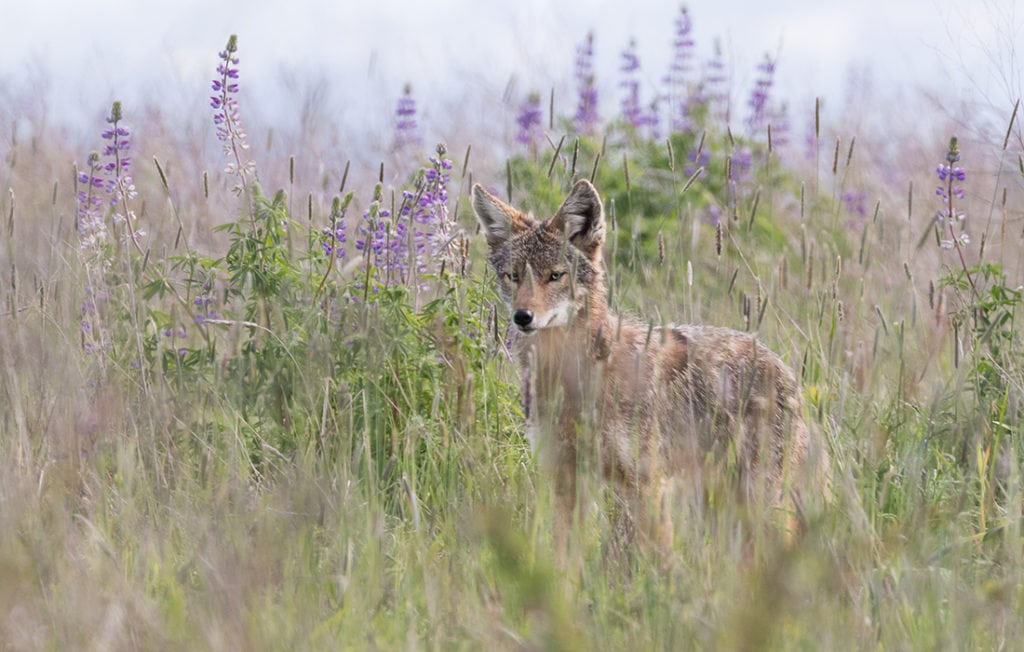
Hummingbirds that stay in the Pacific Northwest during winter supplement their nectar diet with insects and sap, which is how they survived through the winter here before there were people to put out hummingbird feeders. The situation has changed some because of how urban development has reduced natural habitat and food sources, so if you want to keep a feeder out during the winter months, they will definitely be frequent visitors. While it’s not required for their survival, you can certainly assist them in colder weather by doing the following:
- Keep your feeder filled and clean. We suggest using four parts water to one part white sugar (4:1 ratio) and *never* use brown sugar, raw sugar, honey, or molasses. Clean the feeder frequently.
- If temperatures are too cold, the feeder might freeze so you can bring it inside during the night or pick up a hummingbird feeder warmer from The Nature Store. Additional ways to keep the feeder supply at the ready in the cold:
-
- If you have multiple feeders, you can bring one in to warm/defrost and rotate them out. If not, you can bring in the feeder to warm up and bring it back out.
- If you don’t have a hummingbird feeder heater, you can attach hand warmers or place holiday lights around, above, or below the feeder but not too close as it may damage the feeder. Wrapping cloth, bubble wrap, or foam around it may also stave off the frost. But please be careful to never leave anything dangling or sticky that the birds could get tangled or caught in.
- Place the feeder away from direct cold winds and exposure to snow, sleet, and ice to reduce the chance it will freeze.
Please remember to keep feeders safe for the birds, make sure you are changing the nectar and washing the feeder regularly (ideally daily), and that you never leave anything dangling or sticky near or on the feeder that the birds could get tangled in or stuck to. While most reports of “frozen” hummingbirds are actually birds in torpor, birds can sometimes actually be contaminated, trapped, or frozen by wet, leaking, or otherwise damaged feeders in cold weather.
As always, if you have any further questions, feel free to reach out to our wildlife experts at wildlife@birdallianceoregon.org.



